
United States President-elect Donald Trump has drawn the ire of world leaders as he highlighted brazen foreign policy plans.
Speaking to reporters from his Mar-a-Lago estate in a wide-ranging media conference late on Tuesday, two weeks before he takes the reins at the White House, Trump made startling claims regarding NATO and Ukraine’s potential membership, Israel’s war on Gaza, and Greenland, Canada and the Panama Canal.
As was the case during Trump’s first term, many suggest that it’s highly debatable how serious many of the outlandish ideas he put forward might prove. But that hasn’t stopped media around the world from taking the bait.
Here are key takeaways and some early responses:
NATO and Ukraine
Trump told reporters he sympathised with the Russian position that Ukraine should not be part of NATO.
“A big part of the problem is, Russia – for many, many years, long before Putin – said, ‘You could never have NATO involved with Ukraine.’ Now, they’ve said that. That’s been, like, written in stone,” Trump said.
Advertisement
“And somewhere along the line, Biden said, ‘No. They should be able to join NATO.’ Well, then Russia has somebody right on their doorstep, and I could understand their feelings about that.”
Members of the North Atlantic Treaty Organization have officially expressed support for Ukraine’s eventual membership since the Bucharest Summit of 2008, and the Biden administration continues to support Ukraine’s eventual NATO accession.
Meanwhile, Trump has persistently complained that Washington’s NATO partners are not spending enough on defence and suggested that the US could revisit its commitment to the military alliance unless they up their game.
Most European members have recently moved to raise their spending to 2 percent of GDP, NATO’s current minimum recommendation. However, Trump demanded a massive hike on Tuesday, calling for spending of 5 percent.
Tensions in the Middle East
Trump said “hell will break out” if a captive release agreement is not reached between Hamas and Israel by the time he enters office.
“It will not be good for Hamas, and it will not be good, frankly, for anyone,” he said.
On Syria, Trump was ambiguous about the future of US involvement in Syria. “I won’t tell you that, because that’s part of a military strategy,” he said.
Acquiring Canada
While the president-elect ruled out using military force against Canada, he threatened to use “economic force” against Ottawa, having late last year suggested that Canada should become the 51st US state.
He called the border with the US’s northern neighbour an “artificially drawn line”.
Advertisement
Canadian reaction to Trump’s remarks was swift. “There isn’t a snowball’s chance in hell that Canada would become part of the United States,” outgoing Canadian Prime Minister Justin Trudeau said in a post on X.
Taking Greenland and the Panama Canal
The president-elect refused to rule out the use of US military might to achieve his ambitions regarding Greenland and the Panama Canal.
“I’m not going to commit to that,” Trump said, when asked if he would rule out the use of the military. “It might be that you’ll have to do something. The Panama Canal is vital to our country.” He added, “We need Greenland for national security purposes.”
The Panama Canal has been solely controlled by the eponymous country since the US ended its joint partnership in controlling the strategic waterway in 1999.
Panama’s government on Wednesday flatly rejected Trump’s vision.
“The sovereignty of our canal is non-negotiable,” Foreign Minister Javier Martinez-Acha said at a press conference. “The only hands that control the canal are Panamanian and that will remain so,” he added, emphasising that the canal serves humanity and world trade.
An autonomous territory of longtime US ally Denmark, Trump said the US needed Greenland for “national security purposes”.
France on Wednesday warned Trump against threatening the “sovereign borders” of the European Union.
“There is no question of the EU letting other nations in the world, whoever they may be, attack its sovereign borders,” Foreign Minister Jean-Noel Barrot told France Inter radio.
Advertisement



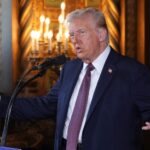

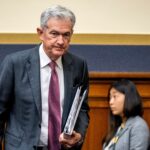
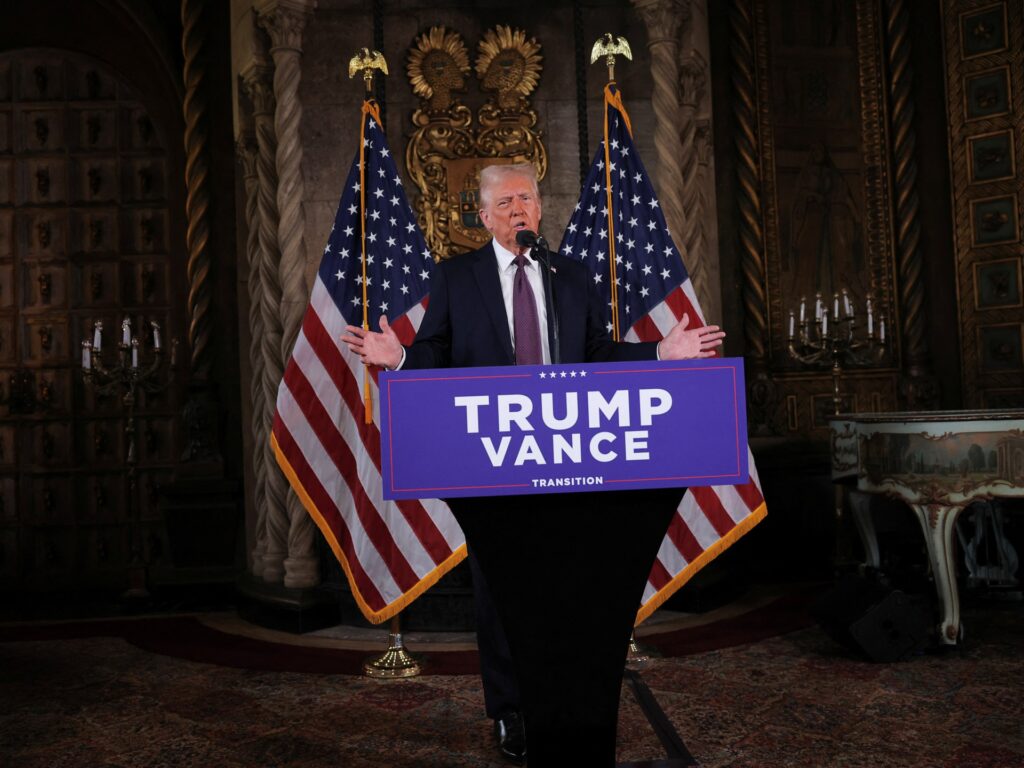


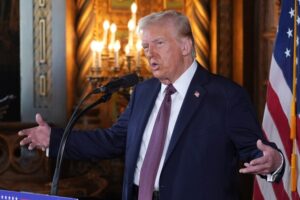
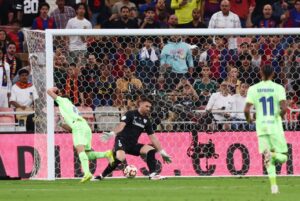
More Stories
Russia-Ukraine war: List of key events, day 1,050
Brazil marks the anniversary of the January 8 attack on its capital
As Trump talks up trade war with China, fears rise for rare earths supply